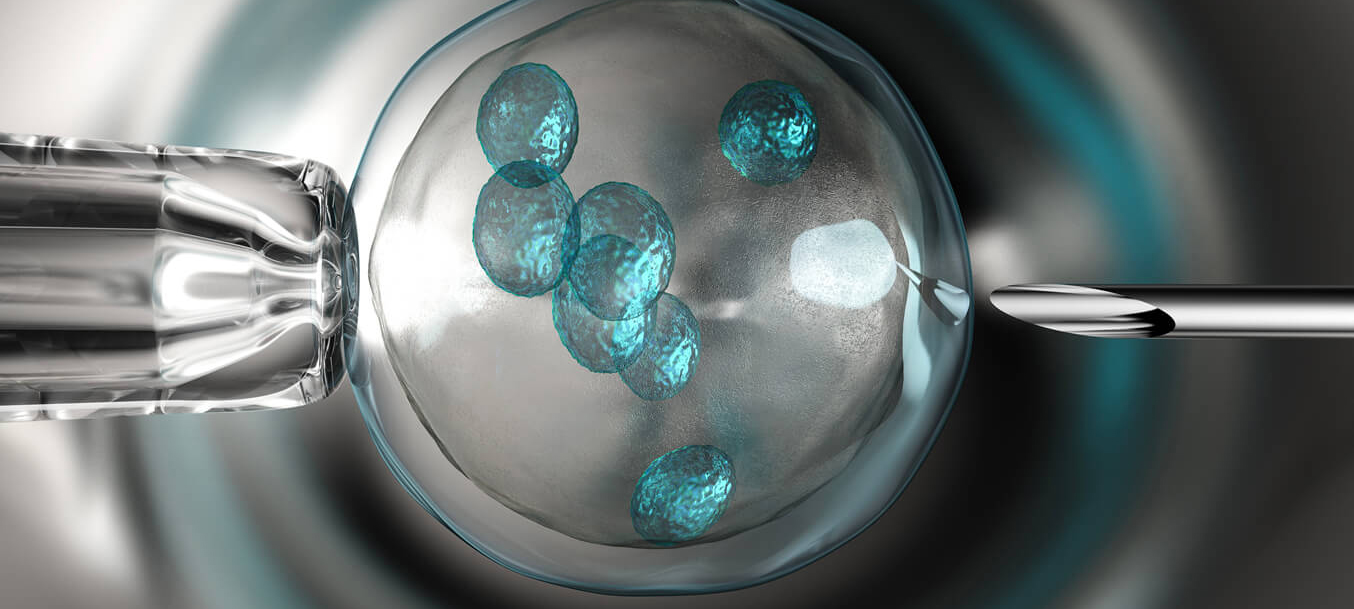Infertility can affect both men and women and may be due to factors such as hormonal imbalances, structural abnormalities or underlying medical conditions. Infertility treatments aim to address these issues through fertility medication, lifestyle changes, surgical procedures and assisted reproductive technologies like in-vitro fertilisation (IVF).
Medically reviewed by Dr Christopher Ng, Consultant Obstetrician & Gynaecologist
Infertility refers to the inability to conceive after one year of regular unprotected sexual intercourse. In order to get pregnant, a woman’s ovary must first release a mature egg (ovulation) which then needs to be fertilised by a man’s sperm. The fertilised egg (embryo) then travels down the fallopian tube and implants itself into the uterus. Anything that impairs any part of this intricate process can result in infertility.

Infertility can affect either the man or the woman, or both. Here are some common causes of female infertility and male infertility:
Your fertility gynaecologist will first review you and your partner’s medical history and lifestyle. He or she will then perform various diagnostic tests in order to assess your hormone levels and the state of your reproductive organs. Other tests may include a semen analysis, laparoscopy, ovarian reserve testing for example.
In particular, fertility assessments for women include:
You should seek medical attention from a fertility doctor if you are below 35 years old and have not gotten pregnant after a year of regular sexual intercourse without the use of contraception; or if you are above 35 years old and have not gotten pregnant after 6 months of regular sexual intercourse without the use of contraception. However, if you have any known fertility issues, it may be advisable to seek medical attention earlier.
Fortunately, many cases of infertility can be treated with the help of a fertility doctor. Assisted reproduction techniques such as Superovulation Intra-Uterine Insemination (SOIUI) and In-Vitro Fertilisation (IVF) are available to improve infertile couples’ chances of conceiving.
Besides IVF and SO-IUI, there are other assisted reproductive technologies (ART), such as:
Hormone supplements are usually prescribed to support implantation. About two weeks later, a blood test will be
performed to confirm if the woman is successfully pregnant. If pregnancy is confirmed, the rest of her obstetric
care is to look out for potential complications and to ensure a safe delivery.
The amount of time needed to achieve pregnancy also varies widely. A single IVF cycle typically takes two weeks
from ovarian stimulation to embryo transfer. Multiple cycles or additional fertility treatments will extend this
timeframe.
Certain lifestyle changes can help improve fertility among men and women. They include:
Do you have questions about women’s
health and pregnancy?
Let us help you.